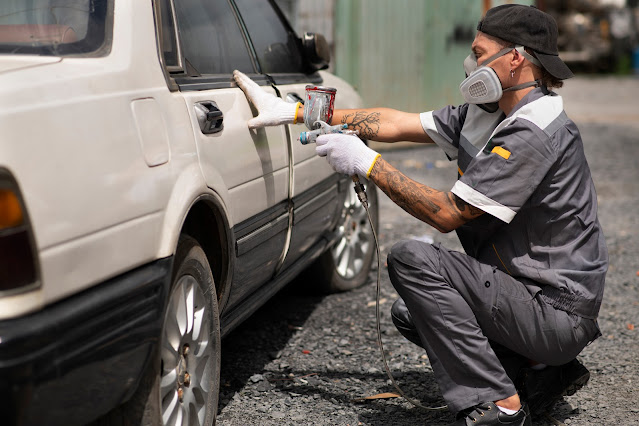How the California Lemon Law Affects Dealership Buyback Programs: Insider Tips and Pitfalls
The California Lemon Law, formally known as the Song-Beverly Consumer Warranty Act, is intended to safeguard consumers who buy or rent vehicles that neglect to meet the quality and execution guidelines expected of them. At the point when a vehicle shows rehashed mechanical issues that can’t be settled after a sensible number of fix endeavours, it is frequently thought to be a “lemon.” In such cases, makers are expected to either replace the vehicle or repurchase it from the consumer.
One common resolution is a buyback program. Dealerships and manufacturers have devised a methodology for reacquiring deficient vehicles and remuneration consumers. However, this interaction can be laden with intricacies, and dealers should explore a few lawful and reasonable difficulties. This article dives into what California’s Lemon Regulation means for dealership buyback programs, offering insider tips and featuring potential pitfalls that dealerships ought to avoid.
Understanding the Basics of California Lemon Law
California’s Lemon Regulation applies to new and utilized vehicles bought or rented with a producer’s guarantee. To meet all requirements for a Lemon law case, the accompanying circumstances should, for the most part, be met:
- The vehicle must have a substantial defect covered by the warranty.
- The defect must persist despite a “reasonable” number of repair attempts.
- The vehicle must be out of service for repairs for 30 days or more within the first 18 months or 18,000 miles, whichever comes first.
Impact of Lemon Law on Dealership Buyback Programs
When a buyer documents a Lemon Regulation case and looks for a buyback, the maker commonly bears a large portion of the obligation. However, dealerships frequently act as intermediaries, and the intricacies of these buybacks can gush over into their activities.
1. Dealership Buyback Program Requirements
The Lemon Law expects that buyback exchanges be taken care of with transparency and effectiveness. Dealerships are liable for guaranteeing the vehicle is handled by state guidelines, including refunding the buyer for expenses, such as:
- The total purchase price of the vehicle (minus usage fees).
- Sales tax, registration fees, and any other related expenses.
- Costs incurred for repairs are covered under warranty.
Manufacturers may collaborate with dealerships to handle the logistics of these refunds, but dealerships must be well-versed in Lemon Law procedures to ensure compliance.
2. Documentation and Record-Keeping
One of the most significant pitfalls in Lemon Law buybacks is improper documentation. Dealerships must carefully record the vehicle’s maintenance history, client collaborations, and any interchanges with the producer. Now and again, neglecting to document the critical data adequately can prompt legitimate debates or confusion in handling the buyback.
A critical tip for dealerships is to create a streamlined process that tracks every step in the Lemon Law claim process, ensuring that paperwork is complete and accessible. This can prevent delays and potential fines associated with non-compliance.
3. Calculating Usage Fees
A typical area of disarray is the estimation of utilization charges. The California Lemon law permits makers to deduct an expense for the customer’s use of the vehicle before it is deemed a lemon. The formula for this allowance depends on the mileage gathered before the primary fix endeavor.
For dealerships, ensuring that the usage fee is calculated accurately is essential to avoid consumer disputes. Any error could prompt a disappointed client, resulting in further legal action or a damaged reputation.
4. Vehicle Resale and Disclosure Requirements
Once a dealership reacquires a lemon vehicle, the dealership may choose to resell it. However, under California law, dealerships must disclose the vehicle’s history as a lemon to any potential buyers. This “lemon branding” on the title ensures transparency but can impact the vehicle’s resale value. Dealerships are required to:
- Clearly state that the vehicle was repurchased under the Lemon Law.
- Provide any information regarding the defects and repairs made.
.jpg)

Comments
Post a Comment